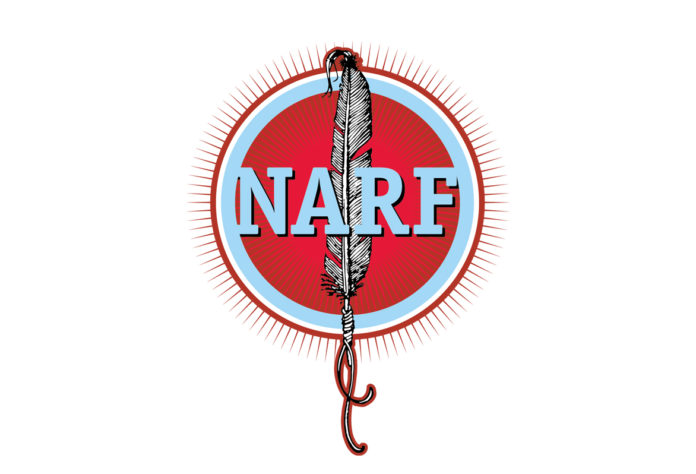BOULDER, CO – The Native American Rights Fund (NARF) has launched a new Sacred Places Project entitled Sacred Places Protection: Fulfilling U.S. Religious Freedom Promises to Native Peoples.
“Since its inception, NARF has worked to protect Native sacred sites, lands, and the free expression of Native religion,” said NARF Staff Attorney Brett Lee Shelton. “Native Peoples in the U.S. have long relied on tribal sovereignty, treaties, and religious freedom law to protect sacred places. What we are finding is sacred place protection needs rethinking in courts, and NARF’s Sacred Places Protection Project aims to begin that re-envisioning process.”
The three-year project will identify failings to protect Native sacred places in existing law and policy and suggest solutions grounded in Indigenous knowledge and developed by Native culture bearers. Existing laws, policies, and sacred places protections all use language not centered in Indigenous thinking.
“American religious freedom law frequently harms the free exercise of Native religions by constricting interpretation to beliefs only and excluding the exercise of religious liberties and the protection of religious edifices and locations, which all other segments of society have,” said Shelton.
Advancing sacred places protection requires creative, strategic, and collaborative rethinking of fundamental language and practices. To guide and lead this work, NARF formed a team of Native traditional knowledge bearers and intellectual leaders whose lives are devoted to this work. That team includes Senior Policy Advisor Suzan Harjo (Cheyenne & Hodulgee Muscogee) and project Advisory Circle members Joe MistyLake Garcia (Ohkay Owingeh), Tina Kuckkahn (Lac du Flambeau Ojibwe), Hon. Delbert Smutcoom Miller (Skokomish), and Lois Risling (Hoopa). The Advisory Circle will direct NARF’s Sacred Places Project towards developing a common approach to the defense of Native sacred lands, waters, and place-based ceremonies.
“With the leadership of traditional knowledge bearers, Native intellectuals, and cultural rights specialists, the Sacred Places Project will create model consent agreements, best practices papers, and other tools to ensure Native Peoples can continue to use their sacred places and have measures ready to effectively respond to emergencies that threaten and endanger them,” said Shelton.
Support from the Henry Luce Foundation will allow the Sacred Places Advisory Circle and project staff to encourage new scholarship by convening Native and non-Native thought leaders on the topic of sacred site protections. The funding will also allow the project to begin conducting professional development activities and producing outreach materials on sacred places protection, later in 2022.
















































